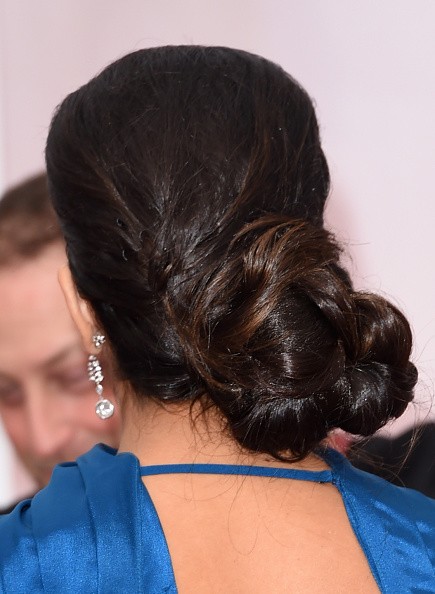
Of all the things to worry about when you get a diagnosis of cancer, many women fear the loss of their hair most. For one thing, it can make it very public that they are going through chemotherapy.
But now some women are preventing the loss of their hair using a special cap that freezes their scalp. A cold cap may help prevent hair loss in a couple of ways. By lowering the temperature of the scalp and head, it slows the metabolic activity of the follicles that produce hair, which reduces the effects of chemotherapy on hair. The caps may also constrict blood vessels in the scalp, which reduces the amount of chemotherapy drugs that reach the hair follicles.
The cap must be put on before chemotherapy starts and worn continuously until a couple of hours after each chemotherapy session ends. While wearing the cap, the patient may be very cold and need extra sweaters or blankets. The first few minutes of having a cold cap on has been described as painful due to the very cold temperature.
There are a couple of versions of the cap available. One, the Penguin Cold Cap, is an ice pack shaped like a tight bathing cap. Several of the caps are kept frozen and must be changed quickly every half hour or so as they warm up. Another cold cap is the DigniCap, which uses a cap with tubes of coolant and a small machine to keep the coolant at the right temperature.
Research is underway on whether the caps help people keep their hair during chemotherapy. A pilot study has found that women who used a cold cap kept most of their hair, but that the hair had thinned. Women who have used the cold cap also noted that they lost hair elsewhere on their body, but not on their heads, which is a sign the cold cap is working.
Because a cold cap system is not approved by the Food and Drug Administration, health insurance may not pay for it. It is also appropriate for chemotherapy for solid tumors such as breast cancer, but not for blood cancers.

